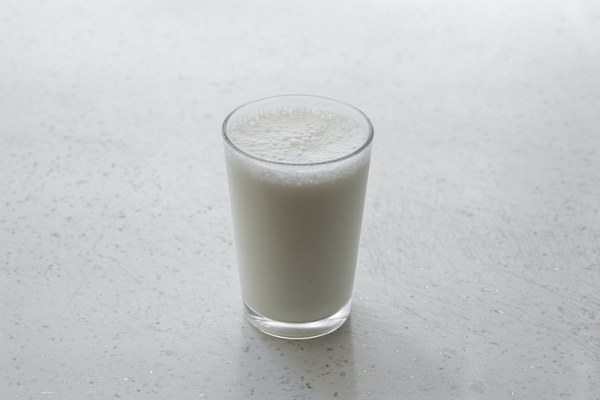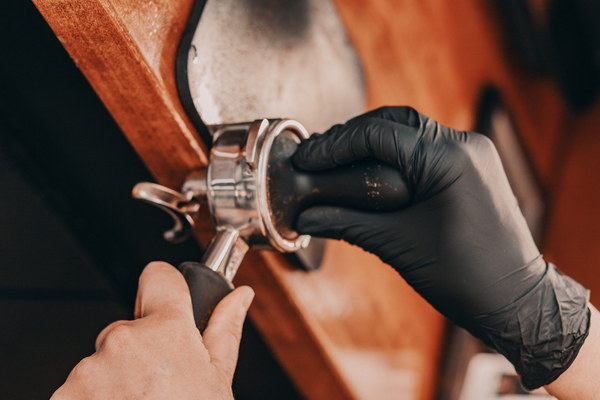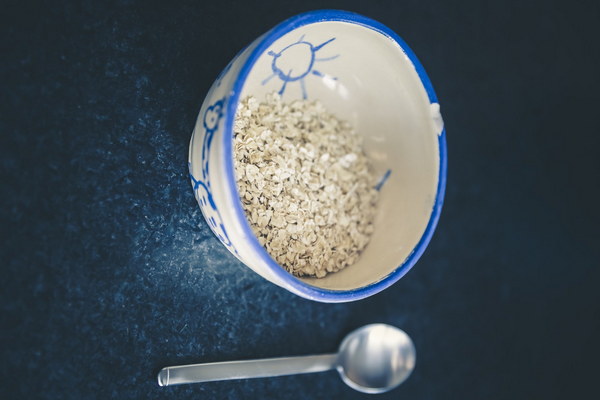How to Nourish Your Stomach After Overmedicating A Guide to Gastric Care
Overmedicating can take a toll on your stomach, leading to discomfort, irritation, and even more serious conditions over time. If you've found yourself in a situation where you've taken too many medications, it's crucial to take steps to nourish and care for your stomach. Here's a comprehensive guide on how to nurture your gastric health after overmedicating.
Understanding the Impact of Overmedicating on Your Stomach
Firstly, it's important to understand why overmedicating can harm your stomach. Many medications, especially those that are frequently prescribed for pain relief, inflammation, or chronic conditions, can irritate the stomach lining. This irritation can lead to symptoms such as heartburn, nausea, and indigestion, and in some cases, it can cause more severe conditions like gastritis or ulcers.

Step 1: Consult a Healthcare Professional
The first step in healing your stomach after overmedicating is to consult with a healthcare professional. They can assess your situation, provide advice tailored to your health needs, and potentially adjust your medication regimen to minimize stomach irritation.
Step 2: Reduce Medication Use
If possible, work with your doctor to reduce the amount of medication you're taking or switch to alternative treatments that are gentler on your stomach. For example, nonsteroidal anti-inflammatory drugs (NSAIDs) like ibuprofen can be particularly harsh on the stomach, so your doctor may suggest alternative pain relievers or anti-inflammatory medications.
Step 3: Adopt a Gentle Diet
Your diet plays a significant role in stomach healing. After overmedicating, it's best to adopt a diet that is gentle on your stomach:
- Stay Hydrated: Drink plenty of water throughout the day to help flush out any remaining medication and to keep your digestive system running smoothly.
- Avoid Irritants: Steer clear of spicy, acidic, or fatty foods that can further irritate your stomach lining.
- Small Meals: Eat smaller, more frequent meals to avoid overloading your stomach and to give it time to rest and recover.
- Fiber-Rich Foods: Incorporate foods high in fiber, such as fruits, vegetables, and whole grains, to promote healthy digestion.
Step 4: Eat Probiotic-Rich Foods
Probiotics are beneficial bacteria that can help maintain a healthy gut flora. Including probiotic-rich foods in your diet can aid in stomach recovery:
- Yogurt: Choose plain, unsweetened yogurt with live cultures.
- Kefir: This fermented milk drink is also high in probiotics.
- Sauerkraut: Fermented cabbage is a great source of probiotics.
- Kimchi: This Korean dish is made with fermented vegetables and is packed with probiotics.
Step 5: Manage Stress
Stress can exacerbate stomach issues, so it's important to find ways to manage stress levels. Consider activities such as:
- Mindfulness: Practice mindfulness or meditation to reduce stress.
- Physical Activity: Regular exercise can help lower stress levels and improve overall health.
- Adequate Sleep: Ensure you're getting enough restful sleep each night, as sleep deprivation can increase stress.
Step 6: Consider Supplements
In some cases, your healthcare provider may recommend supplements to support stomach healing:
- Gastrointestinal Support: Supplements like ginger, peppermint oil, or slippery elm can help soothe the stomach lining.
- Probiotics: If your diet isn't providing enough probiotics, a probiotic supplement may be beneficial.
Step 7: Monitor Your Symptoms
Keep a close eye on your symptoms and report any changes to your healthcare provider. It's important to address any ongoing issues promptly to prevent them from worsening.
Conclusion
Recovering from the effects of overmedicating on your stomach takes time and patience. By following these steps and working closely with your healthcare provider, you can help nurture your stomach back to health. Remember, prevention is key, so be mindful of your medication use and always consult with a professional before starting or stopping any medication.









